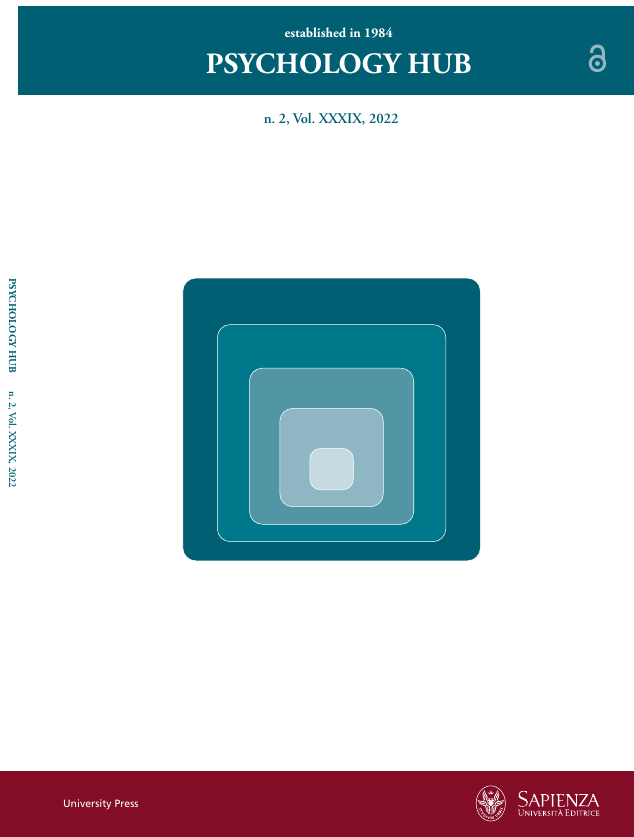Psychological functioning of adolescent with cancer
DOI:
https://doi.org/10.13133/2724-2943/17702Abstract
Oncological diseases in adolescence are stressful for psychological health in a critical period of development marked by the structuring of identity, relationships, autonomy and personality. The implementation of adaptive or maladaptive responses, i.e. different coping strategies, is influenced by multiple factors, including temperament and personality characteristics. The aim of the present research was to compare the scores obtained at the Personality Assessment Inventory - Adolescent (PAI-A) by two groups of 87 adolescents aged between 12 and 18 years, oncological and not, perfectly matched for age and gender, with the aim of investigating the differences regarding specific aspects of personality, relational modes and psychopathological manifestations or symptoms. The results of the analysis of the scales and subscales of the PAI-A show the higher mean scores in the group of adolescents with cancer for the followed scales and subscales: Somatic Complaints; Conversion; Somatization; Health Concerns; Depression; Physiological Depression; Persecution; Resentment; Schizophrenia; Social Detachment; Alcohol and Drug Problems; Suicidal Ideation; Affective Instability; Antisocial Features and Behaviors; Egocentricity; Physical Aggression; and Stress and Nonsupport. Conversely, the control group showed higher mean scores on the dimensions as the Warmth, Irritability, Hypervigilance, and the Dominance. The results are discussed in the light of the current literature.
Published
How to Cite
Issue
Section
License
Copyright (c) 2022 Psychology Hub

This work is licensed under a Creative Commons Attribution-NonCommercial-ShareAlike 4.0 International License.





